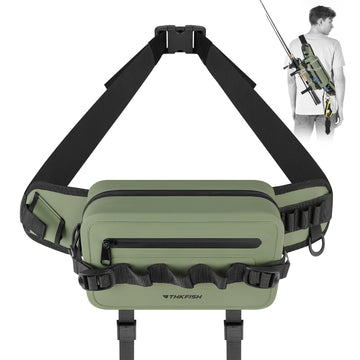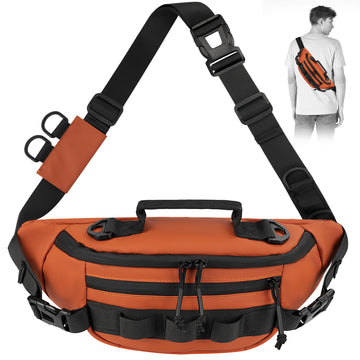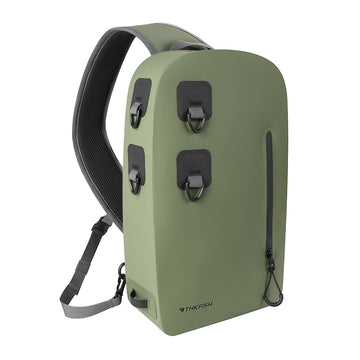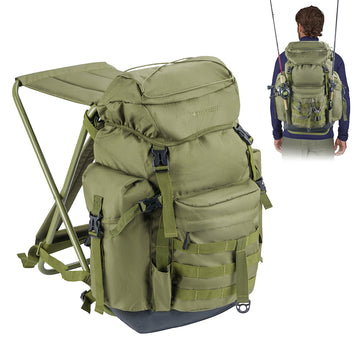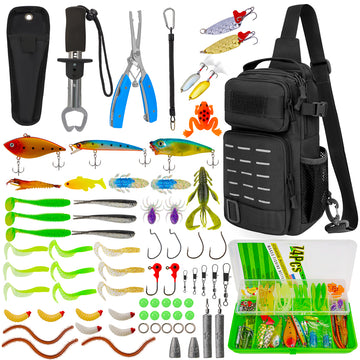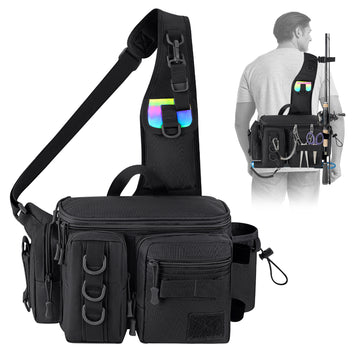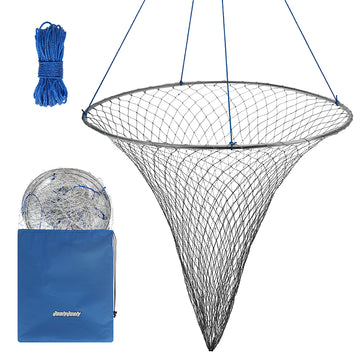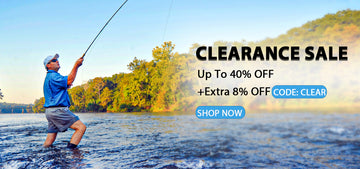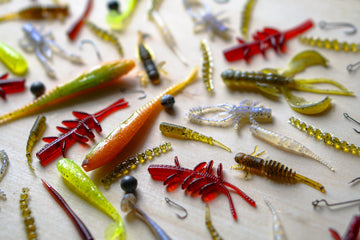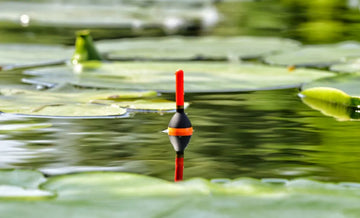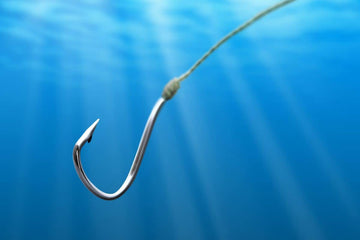
What are Fishing Hooks?
Fishing hooks are essential tools used in angling to catch fish. They are typically made of metal and come in various shapes and sizes. The primary purpose of a fishing hook is to pierce the fish's mouth or body and secure it during the retrieval process.
Types of Fishing Hooks
There are several types of fishing hooks available, each designed for specific fishing techniques and target species. Some common types include:
- J-Hooks: These hooks have a classic "J" shape and are versatile for various fishing applications.
- Circle Hooks: Designed to reduce fish mortality, circle hooks are popular for catch-and-release fishing.
- Treble Hooks: Treble hooks feature three points and are commonly used in lure fishing.
- Barbless Hooks: These hooks lack the traditional barb, making it easier to release fish without causing harm.
Choosing the Right Fishing Hook
When selecting a fishing hook, consider the following factors:
- Fish Species: Different fish species have different mouth sizes and feeding habits, requiring specific hook sizes and styles.
- Bait or Lure: The type of bait or lure you use will also influence the hook size and style.
- Fishing Technique: The fishing technique you employ, such as bottom fishing or fly fishing, will determine the appropriate hook type.
Proper Hook Maintenance
To ensure the longevity and effectiveness of your fishing hooks, follow these maintenance tips:
- Keep Hooks Dry: After each fishing trip, thoroughly dry your hooks to prevent rusting.
- Remove Rust: If you notice any rust on your hooks, gently remove it using a fine-grit sandpaper or a rust remover solution.
- Sharpen Hooks: Regularly check the sharpness of your hooks and use a hook sharpening tool to maintain their effectiveness.
Hook Safety and Responsible Fishing
When using fishing hooks, it's crucial to prioritize safety and responsible fishing practices:
- Handle Hooks with Care: Always handle fishing hooks with caution to avoid accidental injuries.
- Proper Disposal: Dispose of old or damaged hooks responsibly to prevent harm to wildlife and the environment.
- Follow Fishing Regulations: Familiarize yourself with local fishing regulations and adhere to catch limits and size restrictions.
By understanding the different types of fishing hooks, choosing the right one for your needs, and practicing responsible fishing, you can enhance your angling experience and contribute to the conservation of fish populations.
